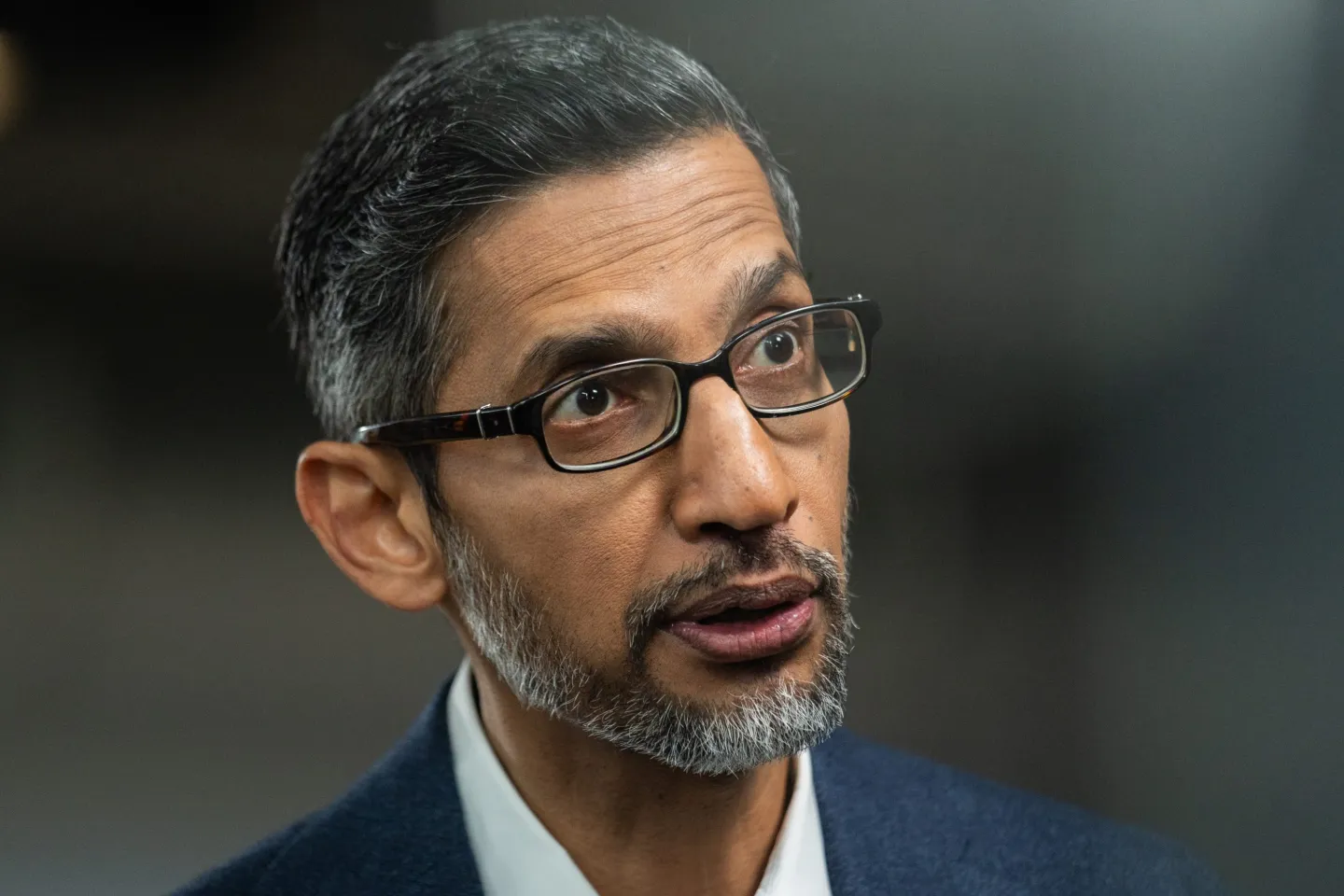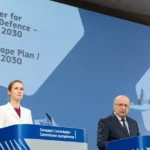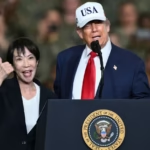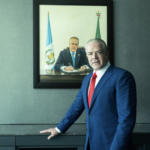Qatar’s Market Awakening: Telecom Share Sale Sparks Renewed Hopes for Doha’s Equity Revival
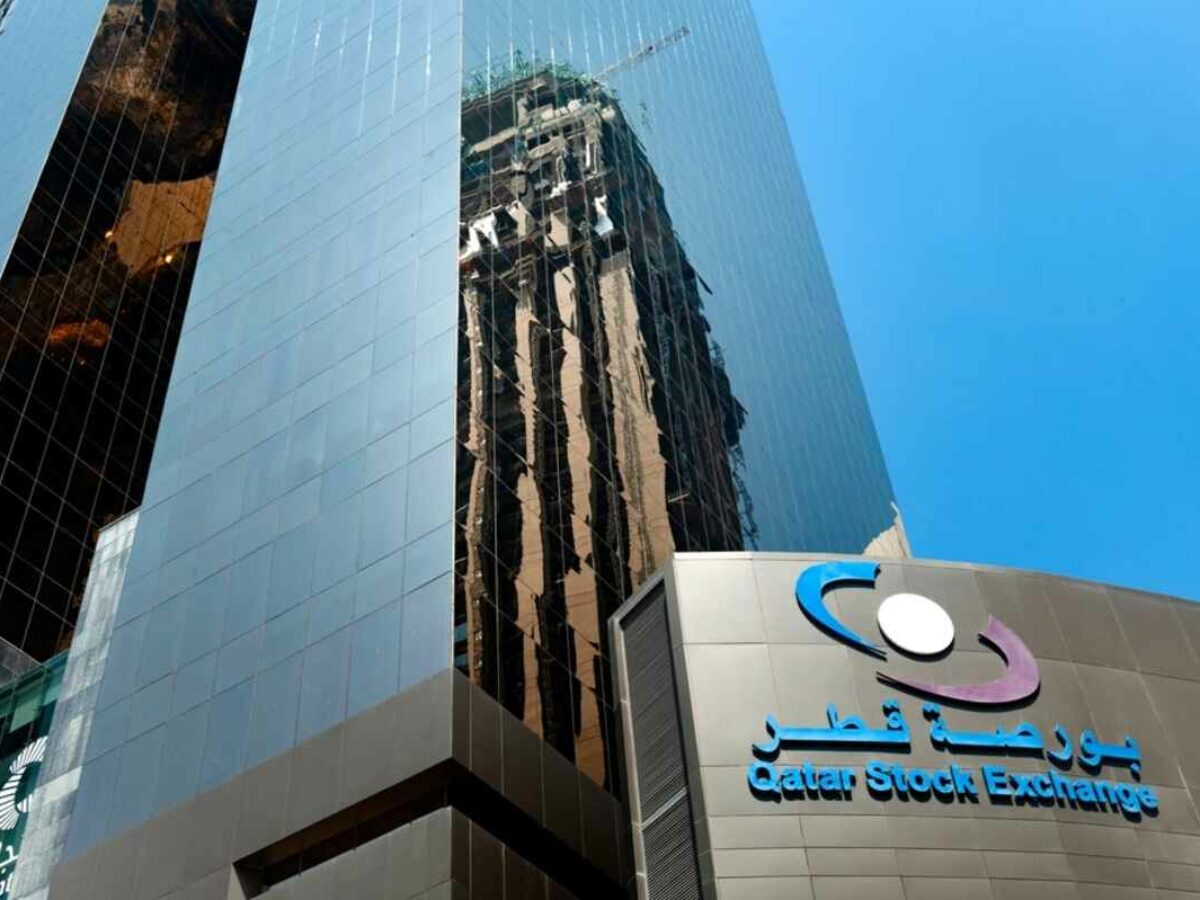
In recent years, the Gulf region has experienced a wave of transformative share sales, privatizations, and blockbuster initial public offerings. Countries such as Saudi Arabia, the United Arab Emirates, and Oman have capitalized on strong investor appetite and abundant liquidity to reshape their capital markets and attract billions in foreign investment. During this period of regional exuberance, Qatar has remained comparatively quiet, missing opportunities to expand its equity market and diversify its financial ecosystem. However, the recent decision to proceed with a major share sale in one of its key telecommunications companies marks a significant and potentially revitalizing moment for Doha’s financial sector. This move has reignited optimism among investors and raised expectations that Qatar may finally be ready to reengage with the momentum sweeping the Gulf.
Qatar’s telecom share sale is particularly noteworthy because it signals a willingness to broaden ownership in state-linked enterprises and inject fresh liquidity into a market that has long lacked dynamism. For much of the past decade, Qatar’s equity market has been characterized by caution and limited privatization. The country’s substantial revenue from liquefied natural gas provided a financial cushion that reduced the urgency to seek external capital through public offerings. As a result, Doha’s stock exchange became increasingly defined by concentration in a handful of large companies, limited sectoral diversity, and relatively modest participation from global investors.
This restrained approach contrasted sharply with developments elsewhere in the region. Saudi Arabia’s ambitious Vision 2030 economic transformation strategy produced high-profile listings such as Saudi Aramco and fostered an environment of aggressive capital-market growth. Abu Dhabi, meanwhile, pursued rapid monetization of state assets, resulting in a succession of successful listings and secondary offerings. Even smaller Gulf economies embraced market reforms and privatization, leaving Qatar as a notable outlier. The extended diplomatic rift between Qatar and several of its neighbors from 2017 to 2021 further dampened investor enthusiasm and weighed on foreign participation.
Against this backdrop, the telecom share sale represents more than a routine financial operation. It suggests a shift in strategy—one that aims to revitalize Doha’s markets, build investor confidence, and position Qatar to compete more effectively with its regional peers. By expanding the supply of publicly traded shares, the offering is expected to increase liquidity, attract institutional investors, and improve the country’s representation in major emerging-market indices such as FTSE Russell and MSCI. These outcomes are essential for strengthening Qatar’s market profile and enhancing its ability to draw long-term global investment.
The timing of this initiative is also favorable. Global investors are increasingly viewing the Gulf as an attractive destination, supported by strong fiscal positions, high energy revenues, and robust reform agendas. Rising LNG prices further bolster Qatar’s macroeconomic stability, allowing the country to approach market reforms from a position of strength. Meanwhile, improving geopolitical relations within the Gulf Cooperation Council have helped restore international confidence in Qatar’s economic environment. As global interest rates are expected to ease in the coming years, emerging markets—including those in the Middle East—may benefit from renewed capital inflows.
A revitalized equity market is vital for achieving Qatar’s broader economic goals. The country’s long-term development strategy emphasizes diversification beyond hydrocarbons, with ambitions to accelerate growth in technology, finance, logistics, tourism, and various emerging sectors. Vibrant capital markets play a crucial role in this process by providing businesses with access to capital, encouraging entrepreneurship, and supporting private-sector expansion. A more active stock market also promotes transparency and corporate governance, reinforcing global investor trust.
Despite the renewed optimism, significant challenges remain. Qatar’s equity pipeline requires sustained momentum; a single transaction cannot compensate for years of limited activity. The market’s concentration in a few dominant companies may continue to restrict diversification unless more sectors are gradually opened to public investment. Additionally, Qatar will face stiff competition from Riyadh and Abu Dhabi, both of which have established themselves as the region’s primary financial engines with deep liquidity pools and ambitious economic reforms. Investor caution also persists amid global uncertainties, meaning that Qatar must demonstrate consistency and long-term commitment to market modernization.
In conclusion, Qatar’s recent telecom share sale stands as a meaningful step toward reinvigorating its equity market. After years of limited engagement with the region’s IPO surge, Doha’s renewed openness to share sales signals the beginning of what could become a broader strategic shift. If Qatar builds on this momentum with further offerings, enhanced regulatory frameworks, and continued support for market development, the country may successfully position itself alongside the Gulf’s most dynamic financial hubs. Ultimately, the telecom share sale marks not only a financial event but also a potential turning point in Qatar’s economic narrative—one that could define its path for the decade ahead.



